For its apparent incapacity and failure to end the 140-day-old strike of the Academic Staff Union of Universities (ASUU), the Federal Government has been called down by civil society and human rights groups.
Pointedly, they put the blame in the office of President Muhammadu Buhari for the shutdown of public universities across the country.
The Socio-Economic Rights Accountability Project and other education rights groups, including the Reform Education Nigeria and Education Rights Campaign expressed the displeasure and disappointment in a statement given to Persecondnews.
The statement signed by SERAP’s Deputy Director, Barrister Kolawole Oluwadare.
They said the government’s failure to meet ASUU’s demands, implement the agreement it had with the union and satisfactorily resolve the issues, has kept poor Nigerian children at home while the children of the country’s politicians attend private schools.
The Joint Action Committee of the Senior Staff Association of Nigerian Universities and the Non-Academic Staff Union of Education and other Allied Institutions had also on March 25, 2022 embarked on the lockout of the institutions to join forces with ASUU.
Persecondnews recalls that the National Executive Council of Academic Staff Union of Polytechnics had called off a two-week warning strike, while the Colleges of Education Academic Staff Union is on a two-month-old strike.
“Inequalities in education have a rolling effect, leading to even more and continued inequalities in the future.
“Apart from being a right in itself, the right to education is also an enabling right. Education creates the voice through which rights can be claimed and protected, and without education, people lack the capacity to achieve valuable functioning as part of the living.
“If people have access to education, they can develop the skills, capacity and confidence to secure other rights. Education gives people the ability to access information detailing the range of rights that they hold together with the government’s obligations,” SERAP and other groups said.
On its part, the Programme Director, Reform Education Nigeria, Ayodamola Oluwatoyin, faulted the silence of critical stakeholders on the academic shutdown.
“It is saddening that the government has continued to allow negotiations to linger with no concrete end in sight.
“The Presidency must, as a matter of urgency, take over the negotiations with the unions,” he said.
Also, the co-Convener, Education Rights Campaign, Michael Lenin, said: “The blame for these strike actions that have grounded tertiary education must be placed at the door-step of the government.
“It is quite unprecedented that all the major unions in the tertiary education sector are all on strike.
“However, it shows the level of damage that the negligence of successive governments has done to the educational sector through chronic under-funding,” he asserted.
ASUU National President, Prof. Emmanuel Osodeke, is unyielding on the demands of the union as he accused the Buhari administration of “killing” public universities.
Persecondnews also recalls that ASUU had expressed dissatisfaction over the failure of the Federal Government to fulfil some of the agreements it made as far back as 2009.
The union had on Nov. 15, 2021, given the Federal Government a three-week ultimatum over the failure to meet the demands.
The lecturers threatened to embark on another round of industrial action following alleged “government’s unfaithfulness” in the implementation of the Memorandum of Action (MoA) it signed with the union, leading to the suspension of the 2020 strike action.
After the union’s National Executive Council meeting at the University of Abuja on November 13 and 14, ASUU President, Prof. Emmanuel Osodeke, lamented that despite meeting with the Minister of Labour and Employment, Dr. Chris Ngige, on October 14, 2021, on issues, including funding for revitalisation of public universities, earned academic allowances, University Transparency Accountability Solution; promotion arrears, renegotiation of 2009 ASUU-FGN agreement.
It also cited the inconsistencies in Integrated Payroll and Personnel Information System Payment, none of its demands had been met.







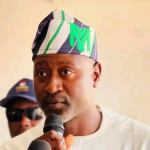



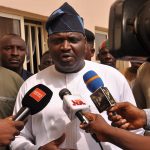







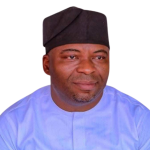

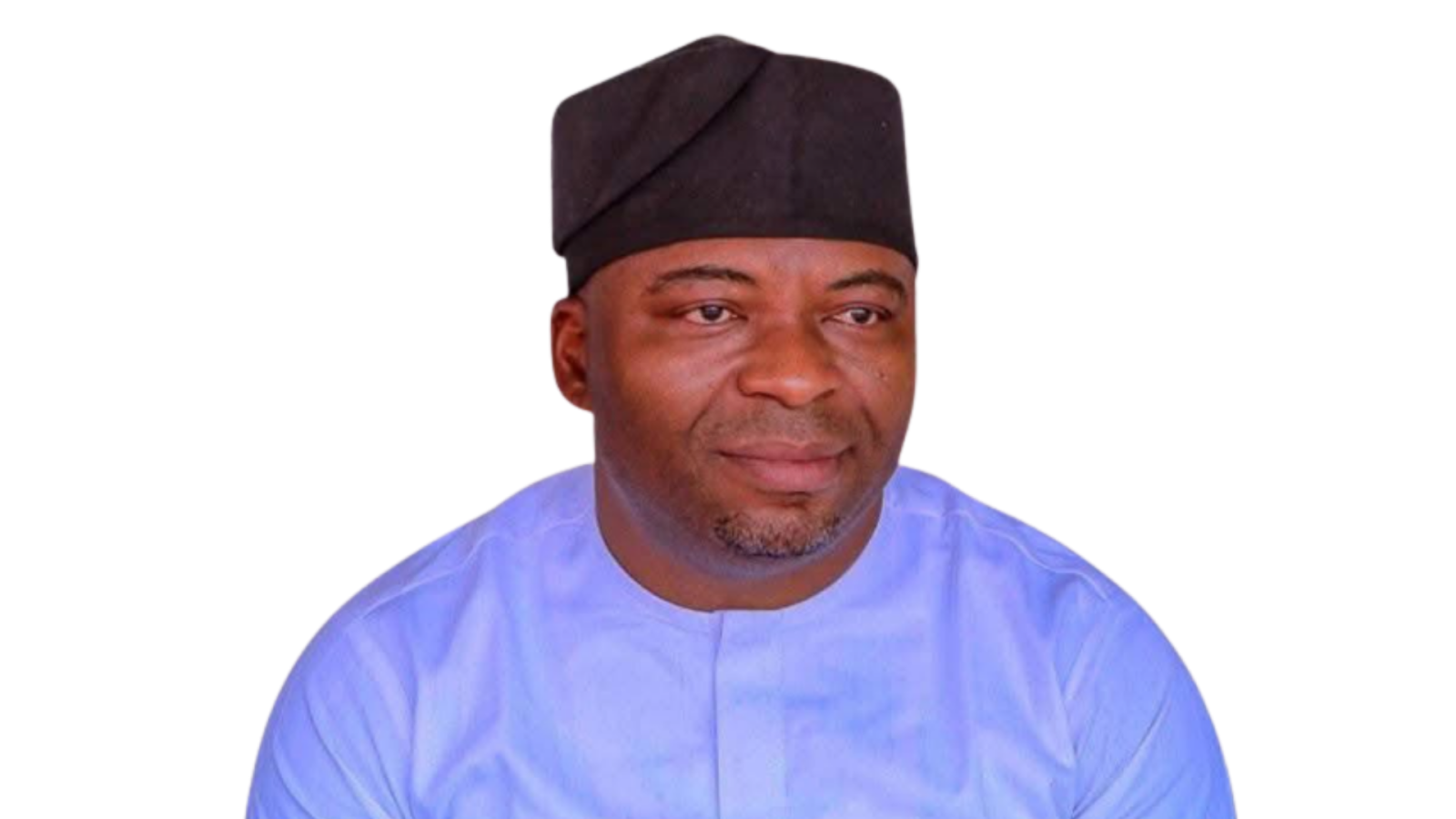

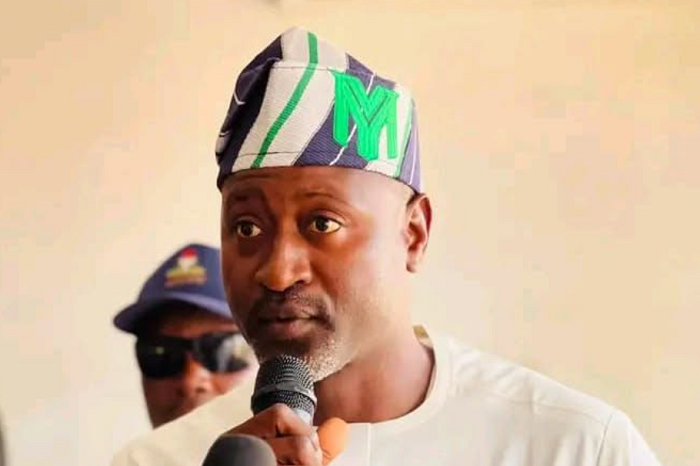
Leave a comment